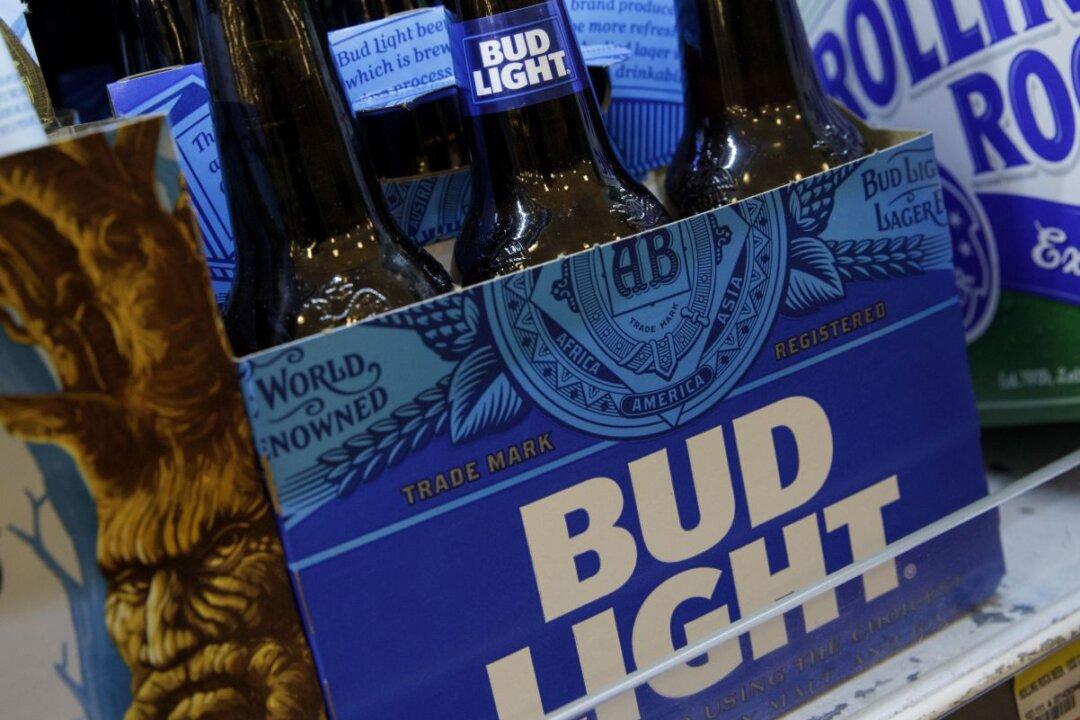A second Bud Light executive has “taken a leave of absence” following backlash over the company’s decision to partner with transgender activist Dylan Mulvaney for a campaign, according to reports.
Daniel Blake, vice president for mainstream brands at parent company Anheuser-Busch, stepped back from his role just days after Alissa Heinerscheid, who has been vice president of marketing for Bud Light for nearly a year, reportedly took a leave of absence.




